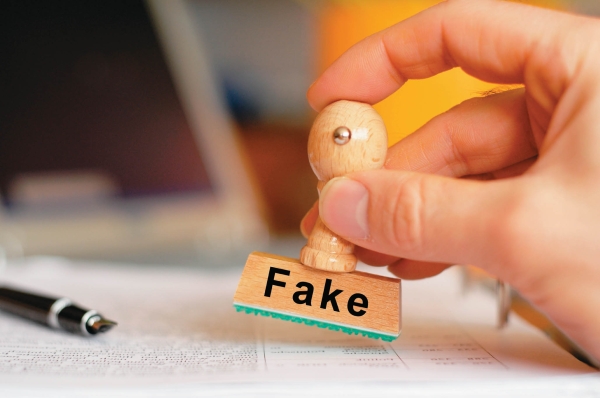
Muscat: Fake degree certificates are routinely being used to land jobs in Oman, according to the department responsible for rooting out the cheats.
The Ministry of Higher Education sees so many fake documents it has even classified the attempts to cheat into four categories and a dedicated department vets all submissions.
Recently, the government announced that all degrees obtained outside the Sultanate would have to be submitted to the Department of Qualification Equivalency and Recognition so that the authorities could verify credentials.
Get your essential daily briefing delivered direct to your email inbox with our e-newsletter
That rule applies to everyone working in Oman who obtained their position because of the qualification, whether expat or Omani.
The new rule was introduced to monitor the quality of graduates working in the Sultanate.
More than 100 fake degrees have already been discovered. The ministry made no comment on consequences for those who have submitted the fraudulent papers.
“Ever since we put out our new legislation, which made equivalency compulsory for academic qualifications obtained from foreign universities outside Oman, the ministry has been receiving applications and has come across some cases of fraud certificates this year,” Khadija Al Subhi from the department told the Times of Oman.
Earlier this year, the ministry had made an announcement on the importance of equivalency saying that, “Everyone who is employed in Oman, both in the public and private sectors, has to get their qualification equalised by the Ministry.”
They said, “Students who wish to continue their study abroad must get the ministry’s approval before pursuing the study.
“We can confirm that after the announcement, the number of applications for equivalency have increased, and our department is receiving many applications from the Ministry of Manpower, and other private sector companies, compared with the period before the implementation of the new legislation, where we received fewer applications from them.”
According to the official, the Qualifications Equivalency and Recognition Department at MoHE is playing a major role in fighting fraud qualifications. “We encountered some cases of fraud qualifications this year.”
Al Subhi explained the types of fraud applications which the Ministry receives. “The department usually deals with four types of fraud qualifications:
Fraud in the entire qualification, which means that the qualification is deemed fake and the student did not take any classes at a higher education institution.
“Fraud in some parts of the degree, although it was obtained in a proper way and issued by a recognised educational institution. “Fraud in a master’s or doctorate degree, which requires the writing of a thesis, where students tend to buy research papers from websites or from other people who write it for them. “Finally, there are indirect fraud cases, which involve fake qualifications from diploma mills.”
Diploma or degree mills are defined as educational institutions that do not exist, or are commercial institutions, which are not licensed in their countries to provide any academic programme, and they are not approved by the international accreditation bodies but offer degrees for money.
If a degree has to be equated by the Department of Qualifications Equivalency and Recognition, students would normally have earned the diploma, bachelors or masters degrees in a full-time mode and at the main campus of a university abroad.
“In cases where they have a different mode of study (irregular attendance) throughout the study period, they need to make sure that this mode is approved by the ministry by getting the ministry’s approval before pursing any study.”
Despite this announcement by MoHE, there are still some organisations, which have not requested for equivalency for their employees. “From here on, we are asking all organisations to apply and commit to the acknowledgment; this is for the common good, which will benefit both the employers and employees,” Al Subhi added.
The MoHE, in cooperation with the Ministry of Foreign Affairs, recently discovered 1,250 fake certificates, including 1,117 certificates issued with fake stamps and 133 with fake qualifications.